Report indicates Western Mediterranean fisheries management plan helped fish stocks recover, with 50 percent expected to reach sustainable levels by 2025
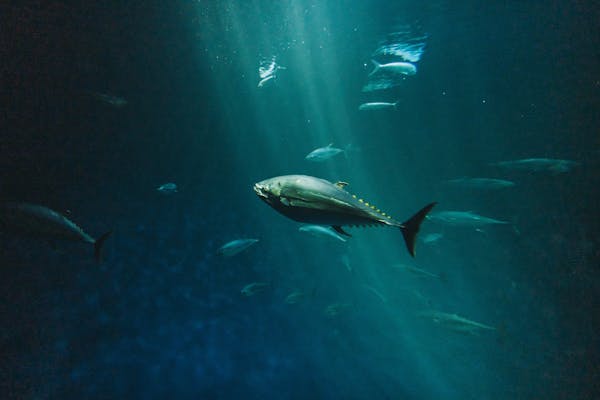
A new report from the European Commission reveals that fish stocks in the Western Mediterranean are recovering after five years of implementing the EU fisheries management plan, with 50 percent projected to reach sustainable levels by 2025.
The report examines the implementation of the Western Mediterranean multi-annual management plan for demersal fish stocks and its fisheries. It concludes that numerous fish stocks have started to recover since 2019. According to scientific projections, 50 percent of the stocks could reach sustainable fishing levels by 2025 – a turning point on the road to the full recovery.
The latest data from the Scientific, Technical and Economic Committee for Fisheries (STECF) shows that 20 percent of the stocks are being harvested sustainably – at maximum sustainable yield (MSY) – and that 15 percent are close. The fisheries management plan has enabled stocks, such as red mullet in the Gulf of Lion to fully recover, while ensuring long-term social and economic viability for fishers operating in the region.
Since 2019, the fisheries management plan has aimed to reach sustainable fishing levels for 20 stocks by January 2025 and reduce the overcapacity of the Mediterranean fleet. It included a five-year transition for the fleet to adapt and minimize impacts on fishers, while also improving transparency in managing fisheries.
The Western Mediterranean fleet showed high profitability in 2023, according to recent economic data. The fleet’s positive economic performance was mainly due to high first-sale prices and contained fuel costs.
Defining and monitoring destructive fishing represents a new era in fisheries policy
The report highlights how the multi-annual management plan enabled Spain, France and Italy to transition from “a traditional and limited effort management at a national level to a more efficient EU fisheries management system.” Adopted in 2019, it’s the first EU plan in the Mediterranean Sea involving shared management with non-EU countries. The plan covers fisheries in Spanish, French and Italian waters, affecting over 4,300 fishers and 1,200 trawlers.
During the plan’s transition period, a fishing effort regime for trawlers was introduced to cut 40 percent of fishing effort within five years. By January 2025, all provisions of the plan will be fully implemented to ensure sustainable fishing levels.
Now that you've reached the end of the article ...
… please consider supporting GSA’s mission to advance responsible seafood practices through education, advocacy and third-party assurances. The Advocate aims to document the evolution of responsible seafood practices and share the expansive knowledge of our vast network of contributors.
By becoming a Global Seafood Alliance member, you’re ensuring that all of the pre-competitive work we do through member benefits, resources and events can continue. Individual membership costs just $50 a year.
Not a GSA member? Join us.
Author
Tagged With
Related Posts
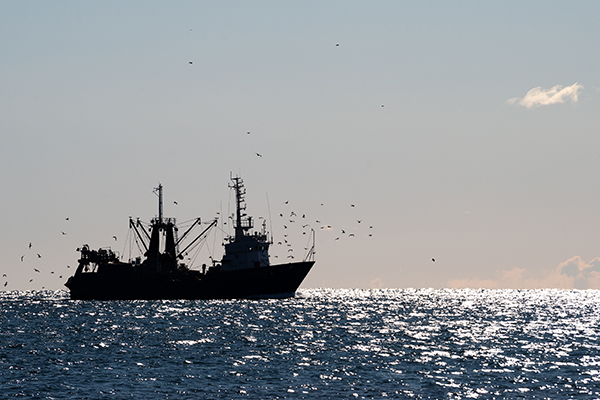
Responsibility
EU Commission eyes fisheries and aquaculture improvements to stop biodiversity loss
New measures aim to improve the fisheries and aquaculture sector, but some question their value in achieving COP15 biodiversity goals.
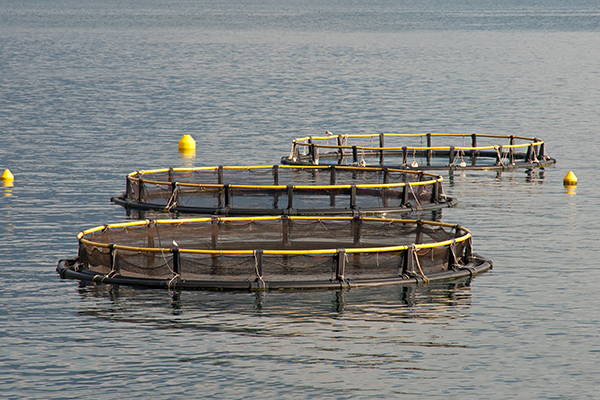
Responsibility
European Commission activates crisis measures to support seafood sectors impacted by Ukraine-Russia war
The European Commission has activated new crisis measures to support the seafood sectors impacted by the Ukraine-Russian war.
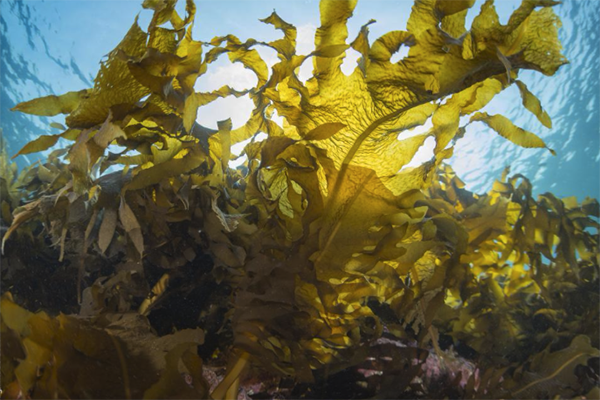
Responsibility
European Commission launches platform to promote algae production
The European Commission is launching EU4Algae – a European algae stakeholder platform – to expedite the algae industry's development.
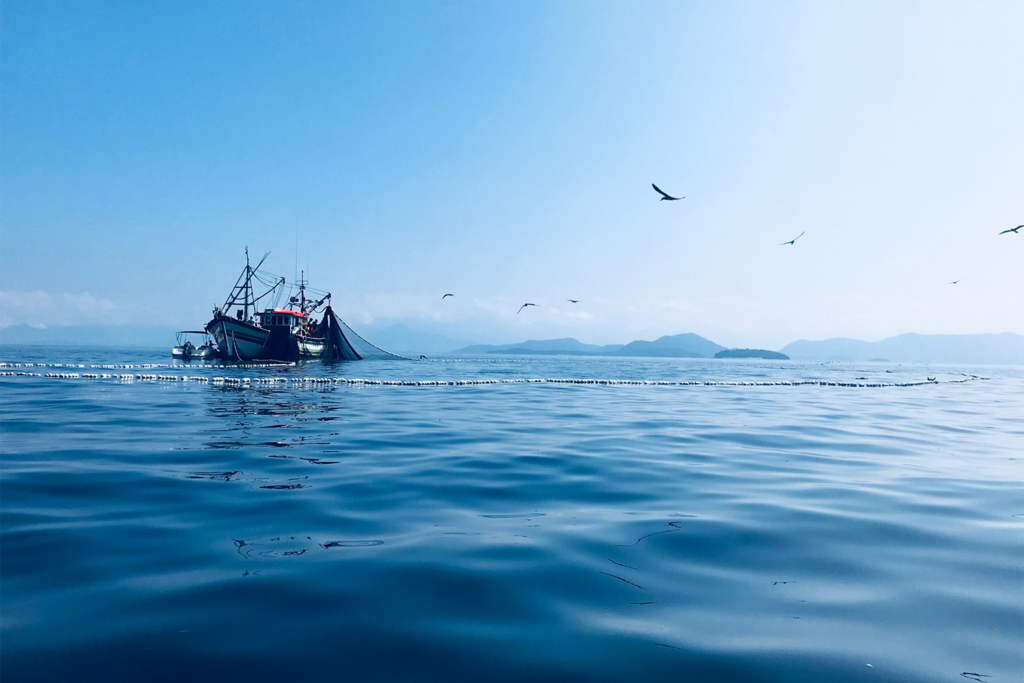
Fisheries
Key fisheries performance declines for sixth year, industry urged to act
The SFP 2023 Reduction Report shows a continued drop in fisheries performance, highlighting the need for improved fisheries management.



